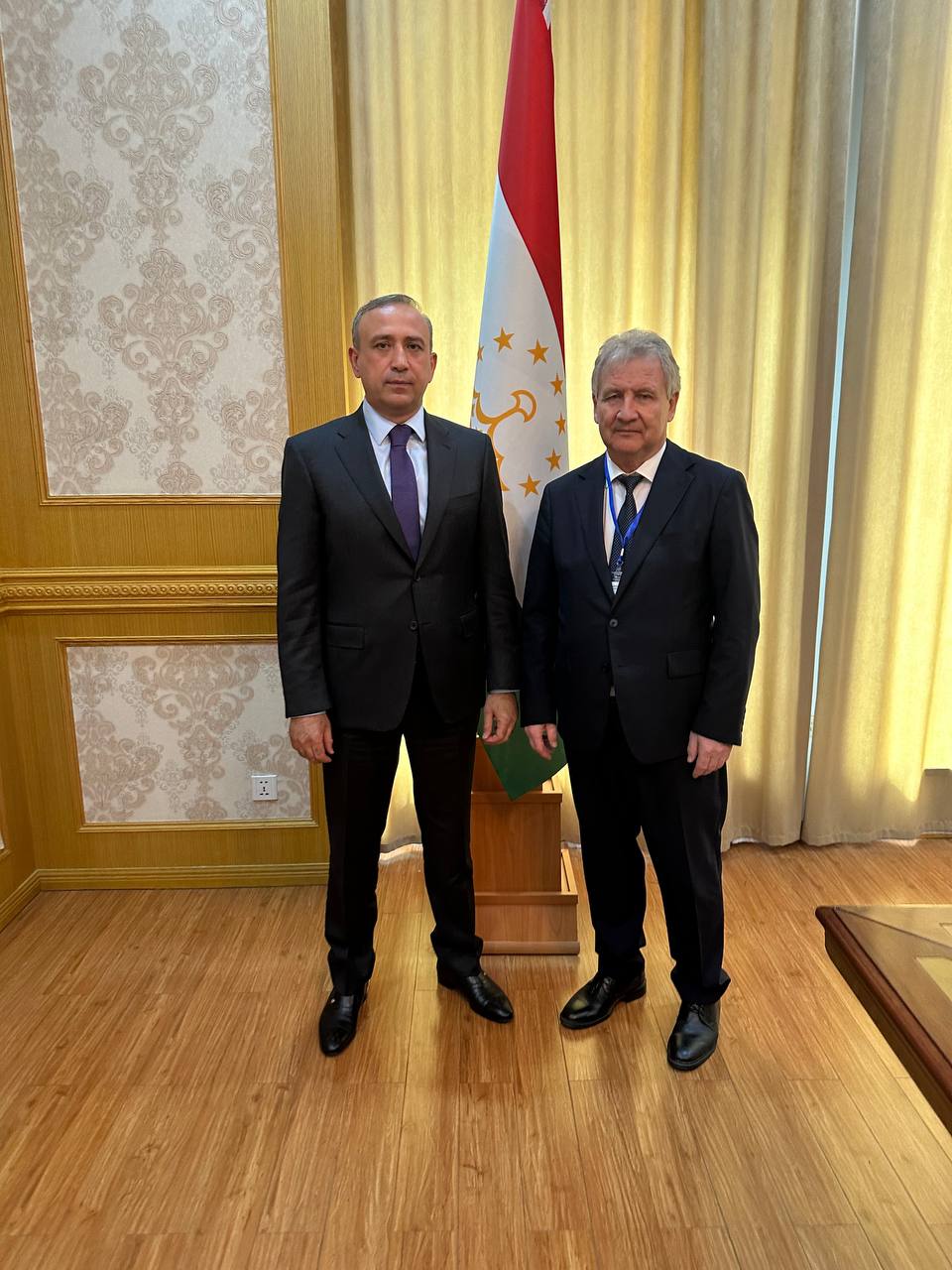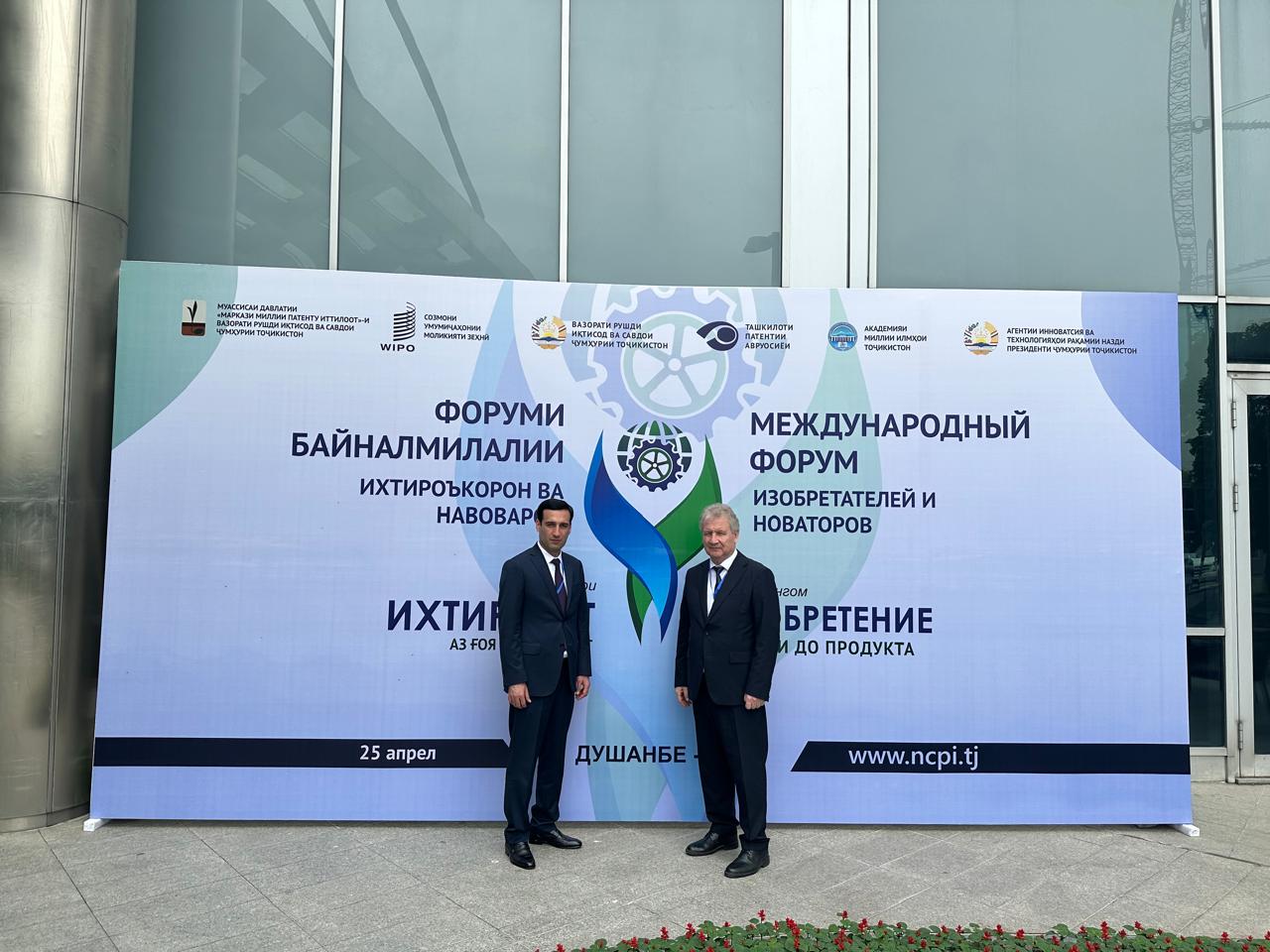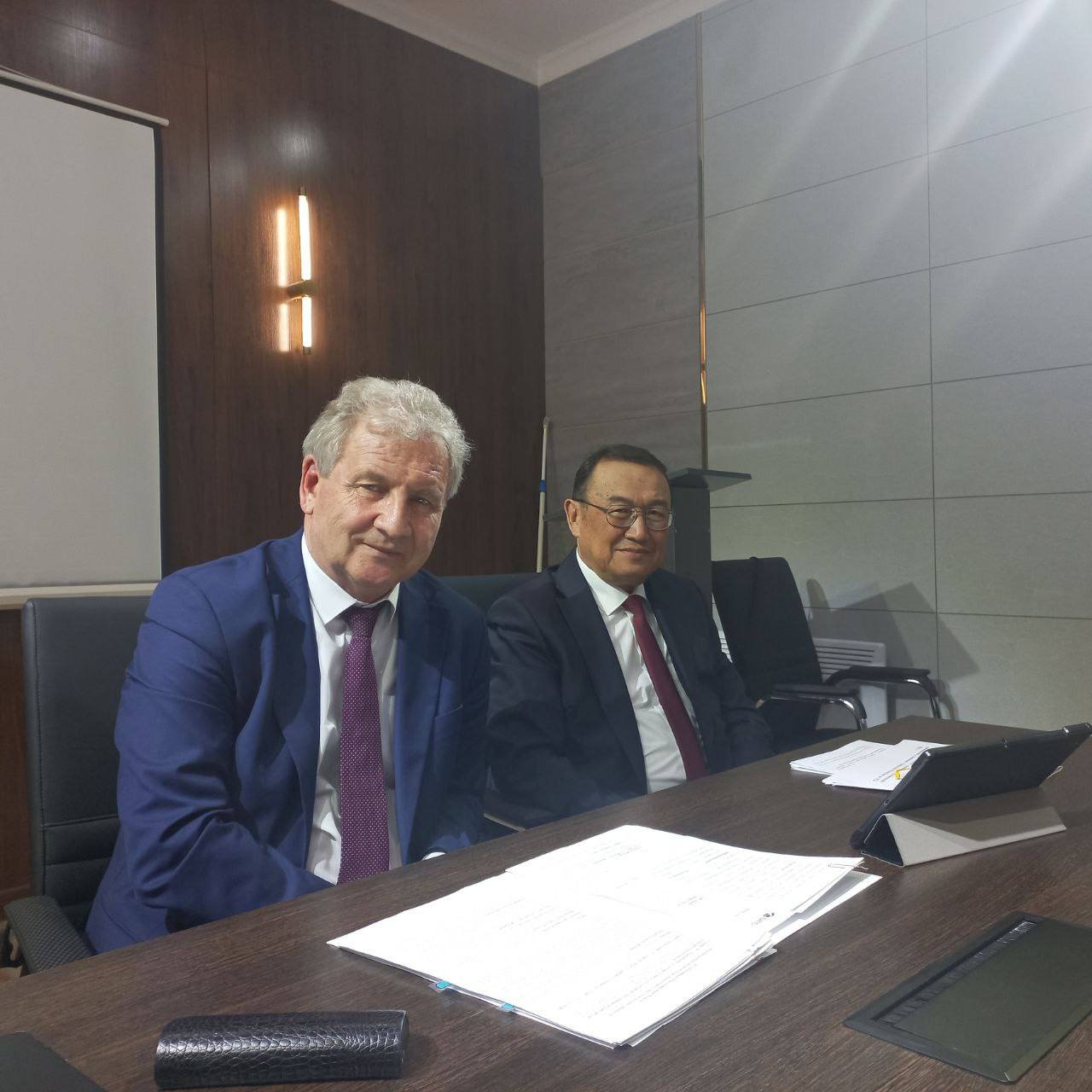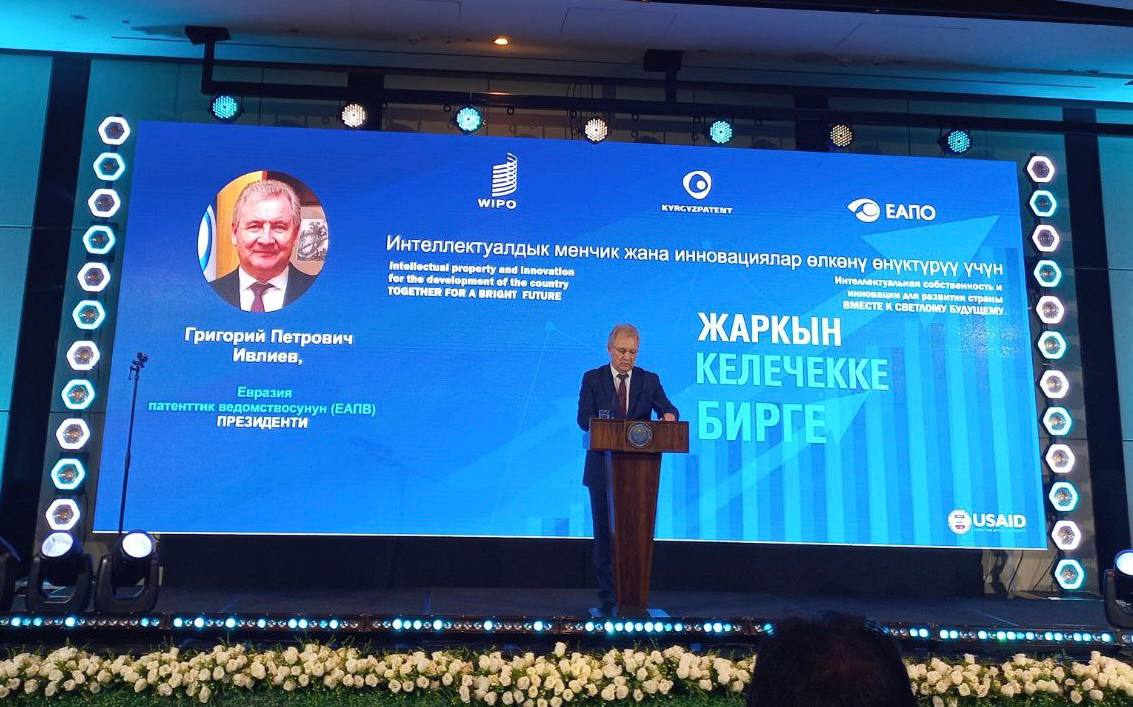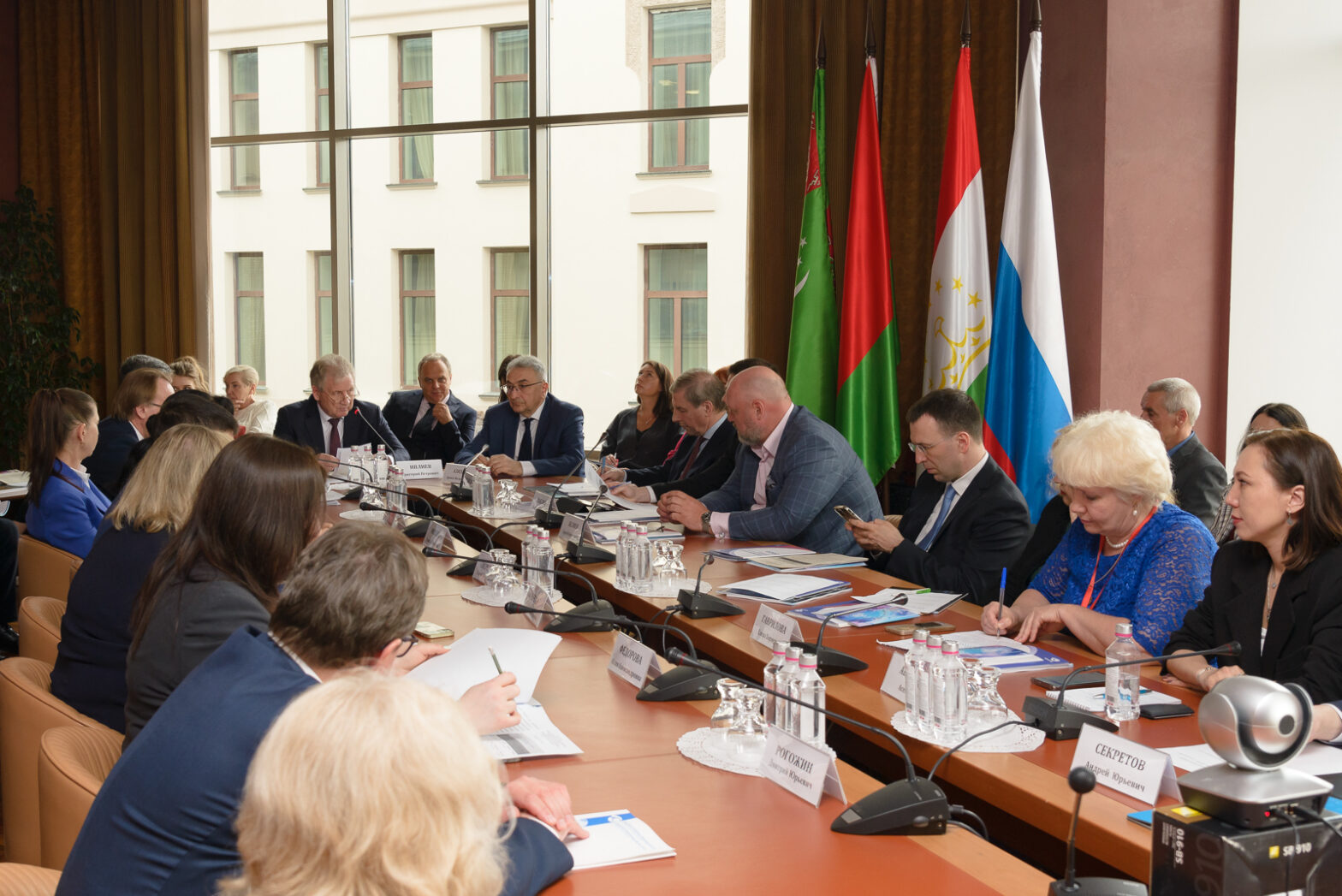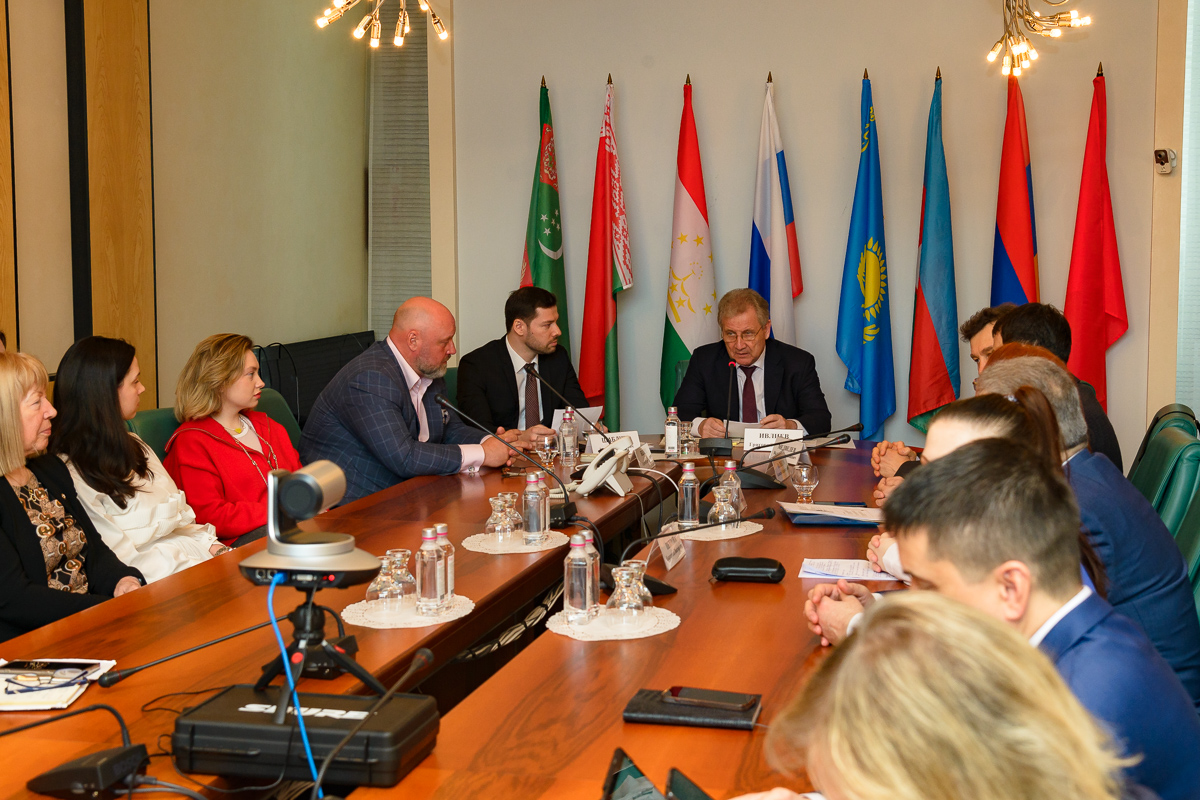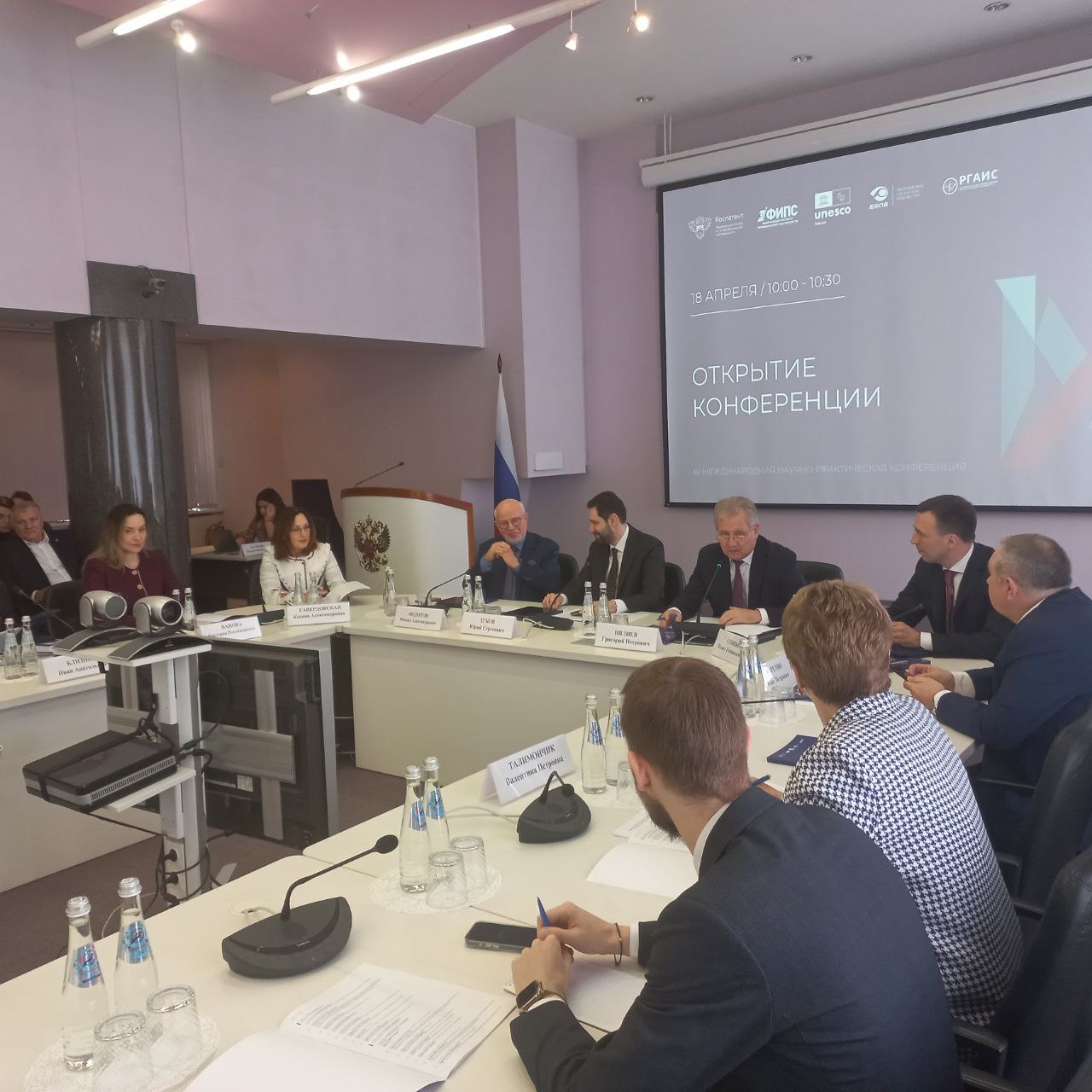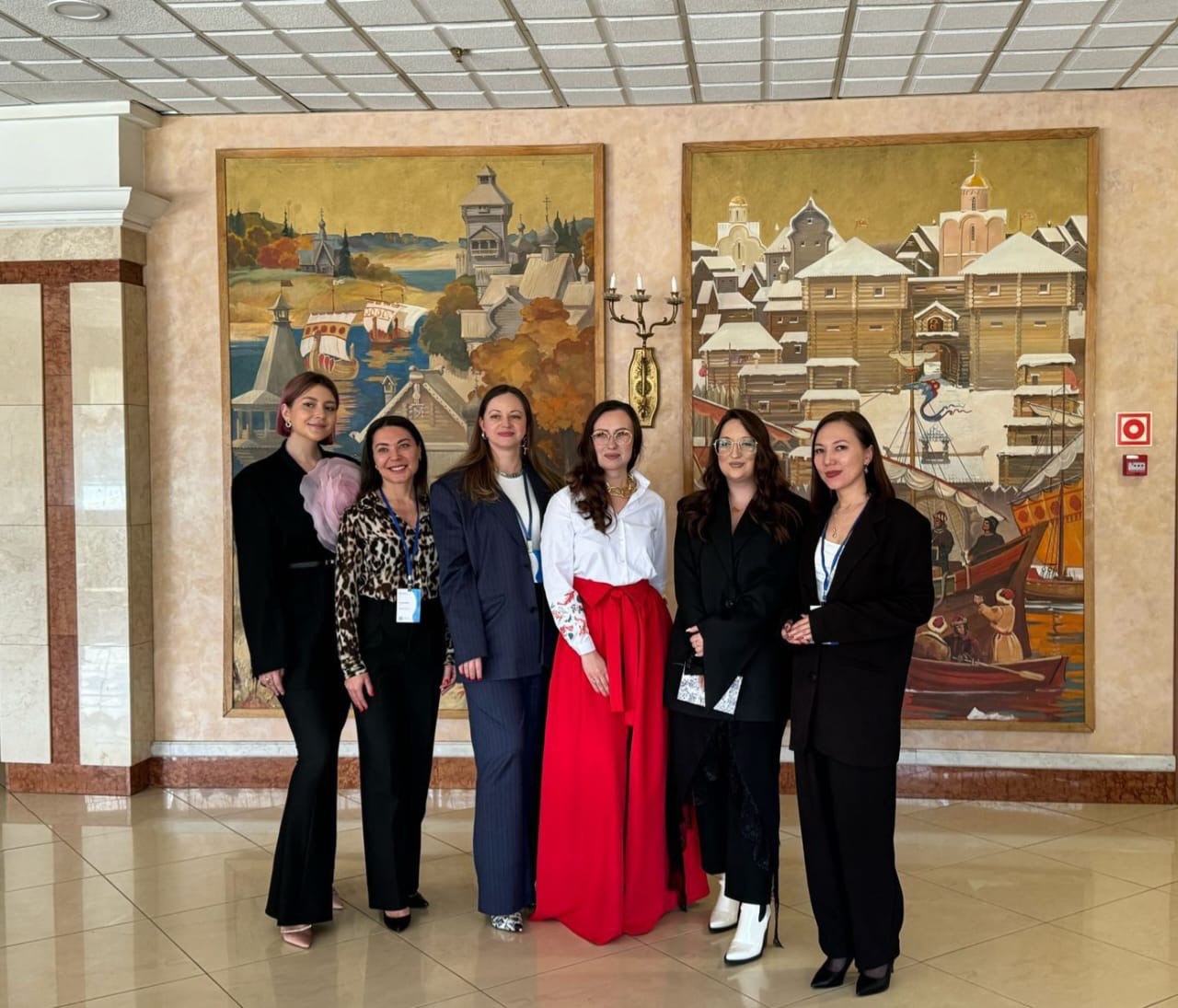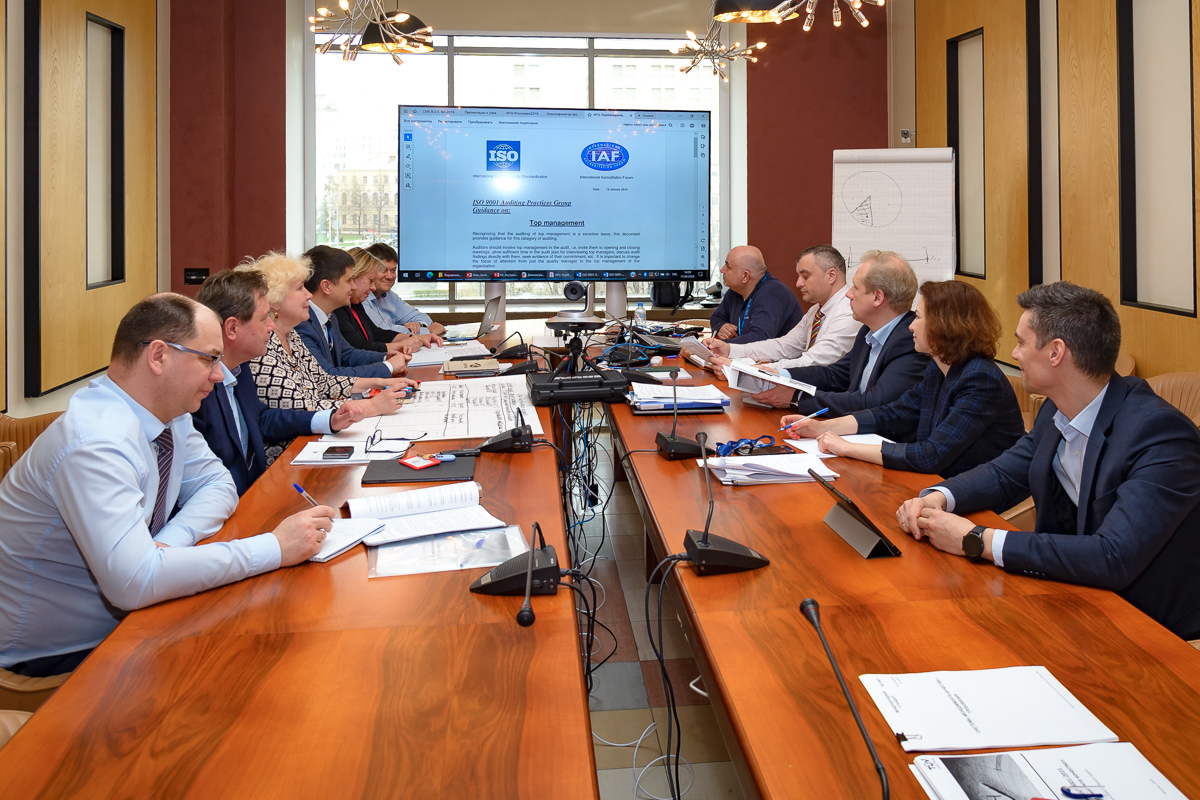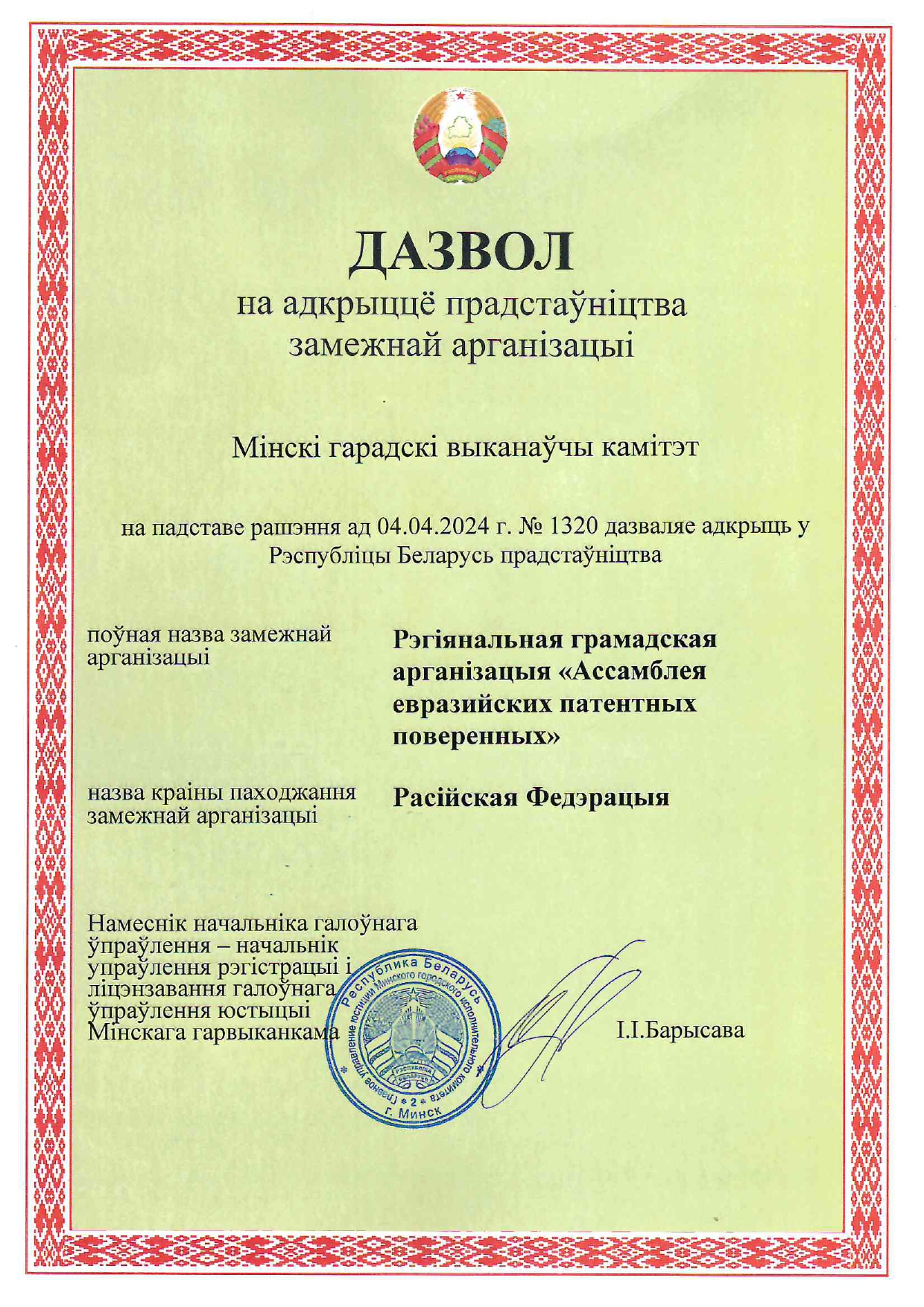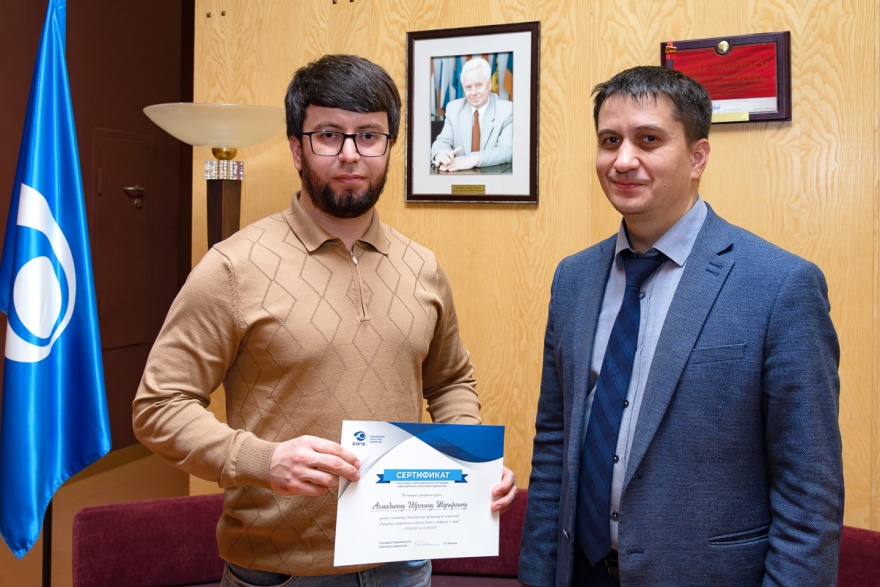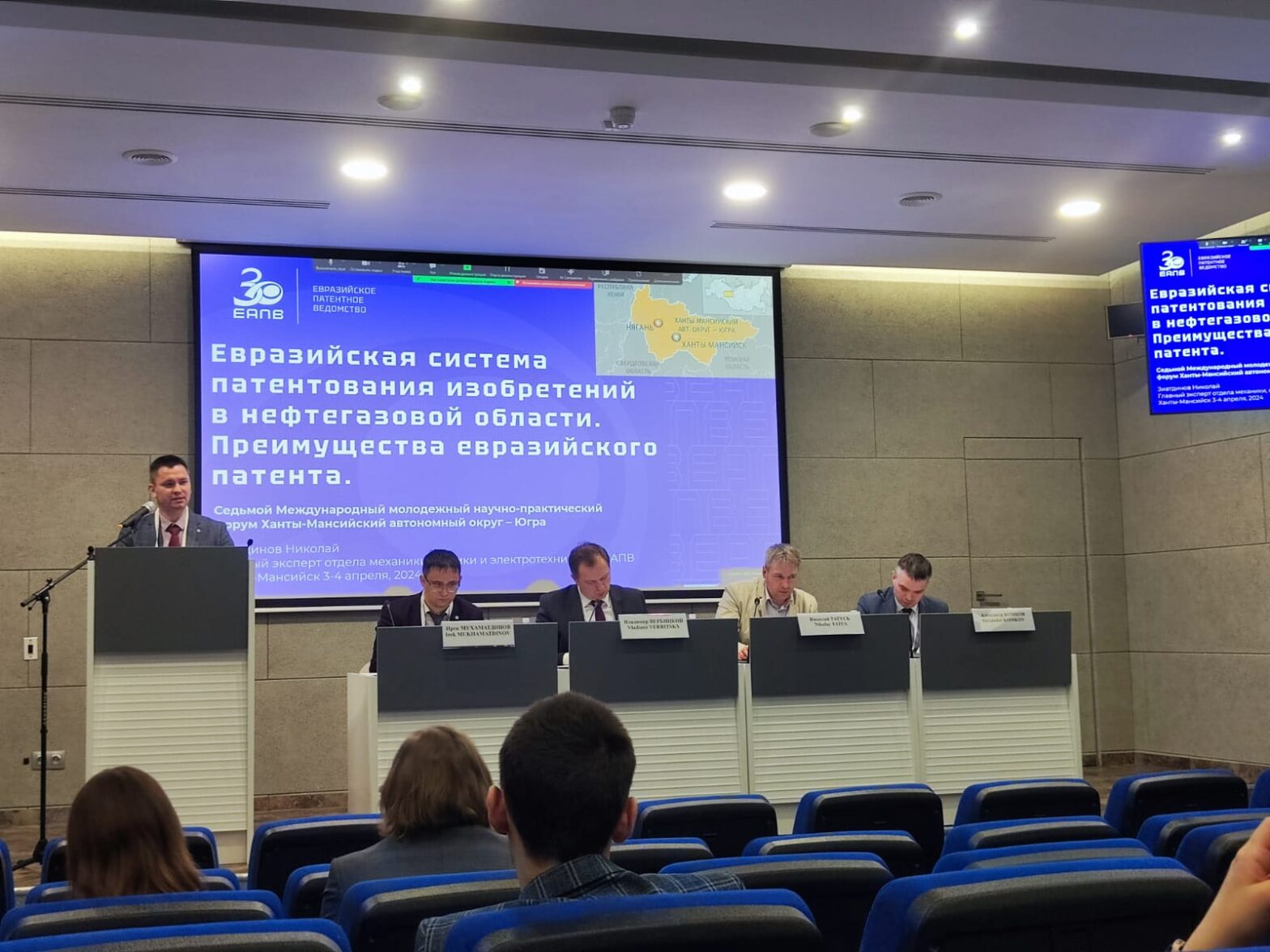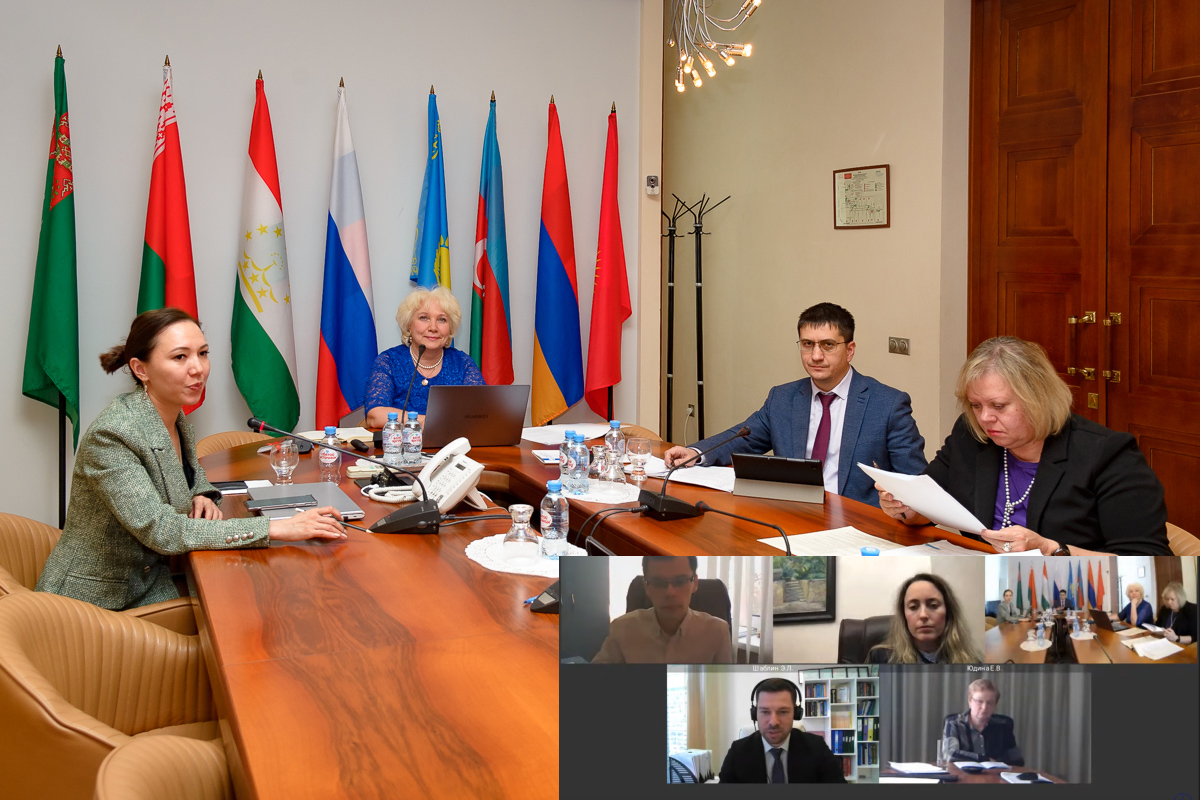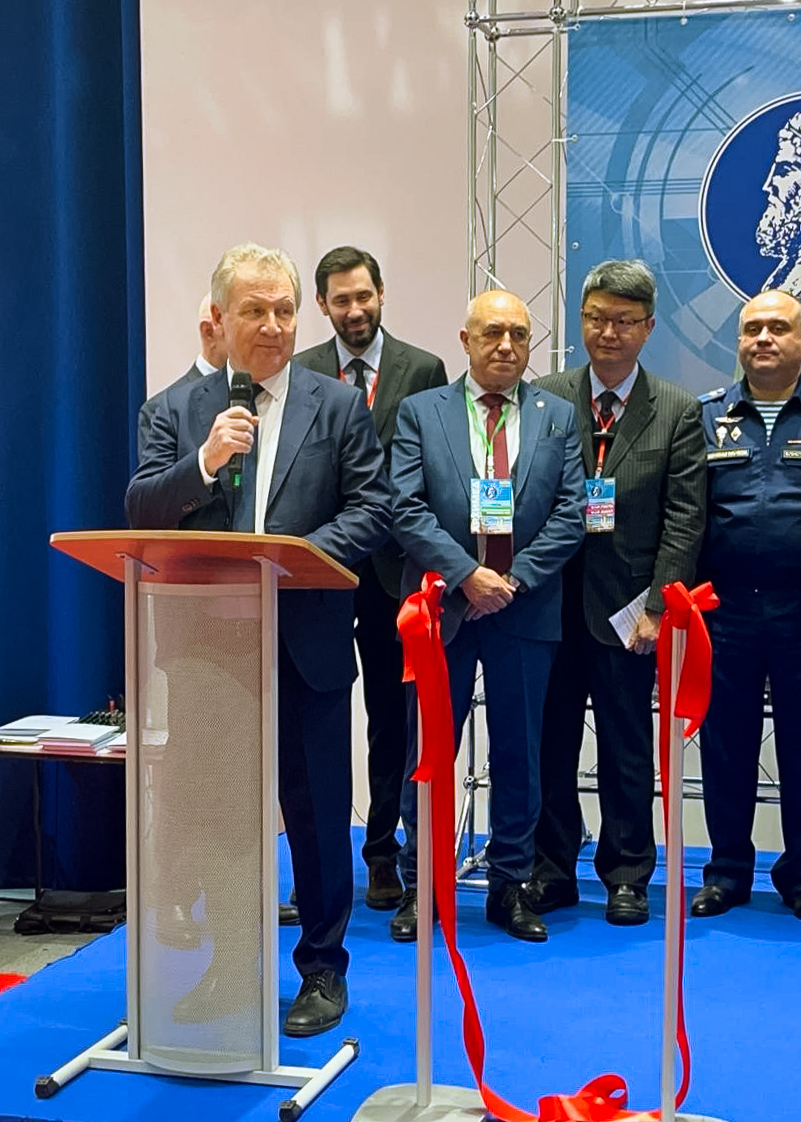Homepage / Press-center / News /
A regional meeting of Eurasian technology parks, jointly organized by the Eurasian Patent Organization (EAPO) and the World Intellectual Property Organization (WIPO), was held in Astana, Republic of Kazakhstan.
Representatives of leading technoparks in Eurasia shared their experiences in developing local IPR management policies. Their growth in the EAPO member states is evident, but a common challenge is how to build effective systems of commercialization and technology transfer.

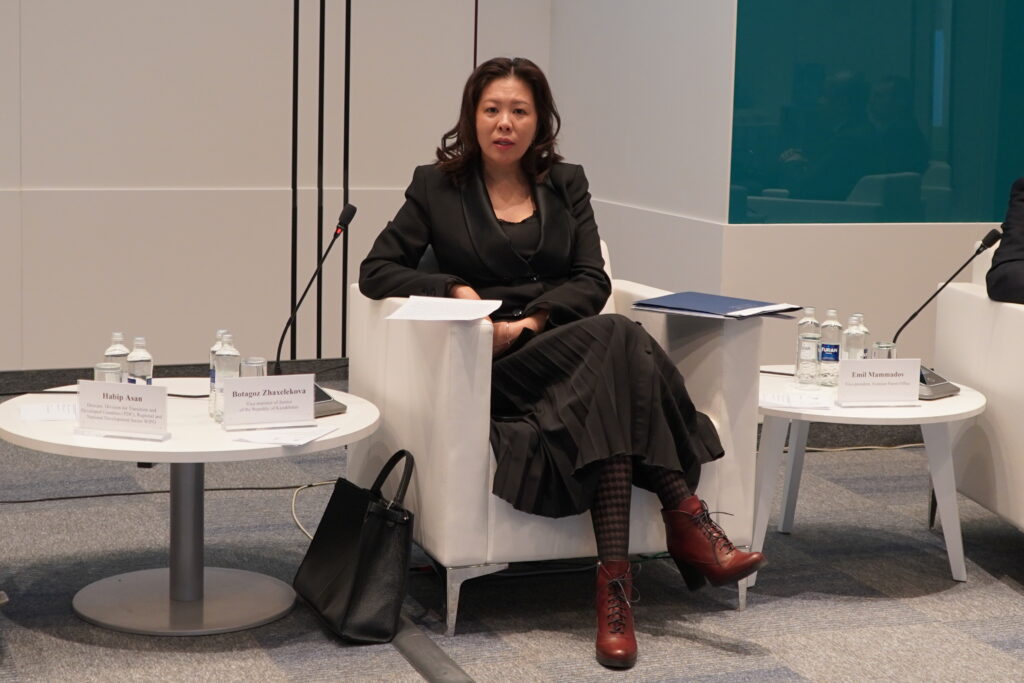
— The key goals of socio-economic development can only be achieved through the development and implementation of innovative technical solutions”, stressed Emil Mammadov, Vice President of the Eurasian Patent Office (EAPO) at the opening of the meeting. – Innovative development is closely associated with building an effective IP system. This, in turn, requires competent management of intangible assets.
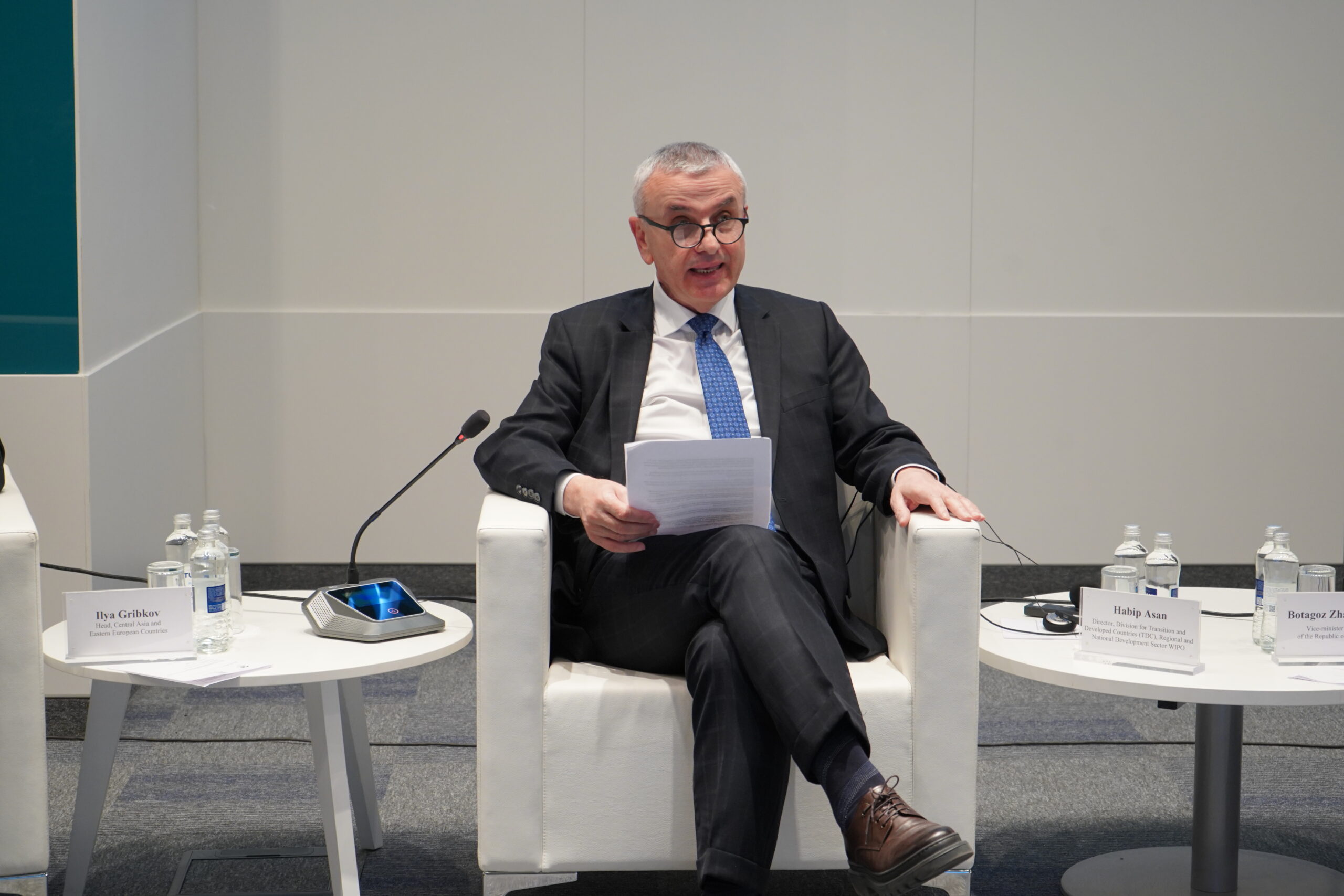
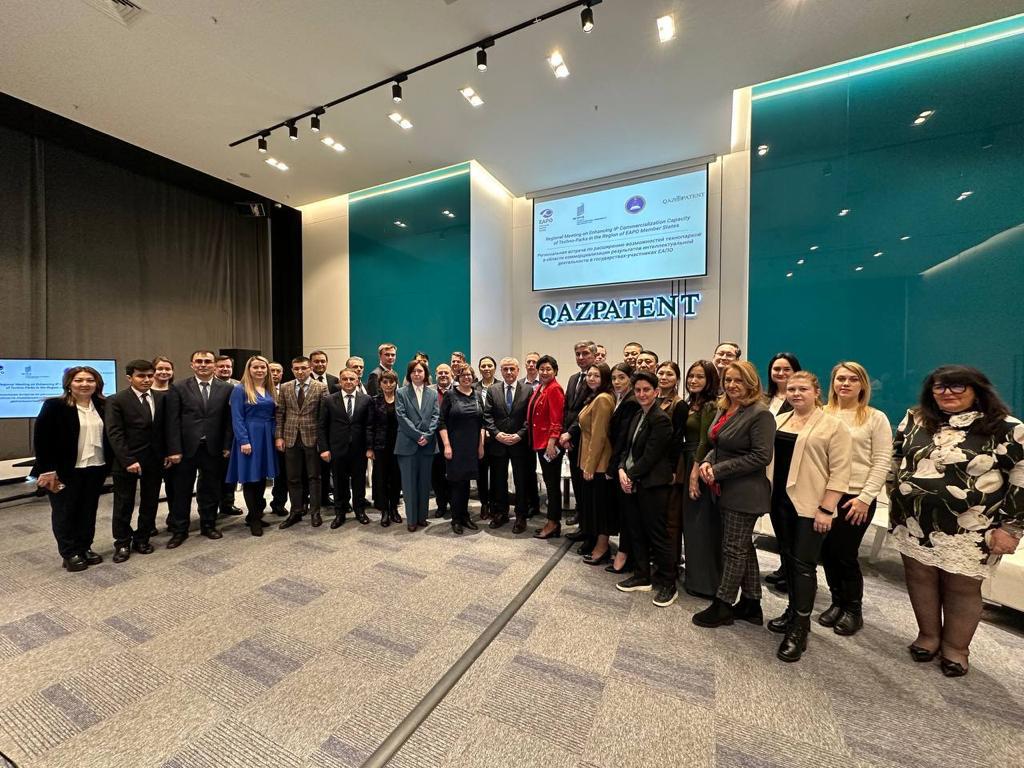
WIPO Director of the Division for Transition and Developed Countries Habib Asan said: “WIPO is consistently focusing on IP policy development and has implemented initiatives to develop model policies for universities and research institutions in several countries of the region. Now, in cooperation with the EAPO member states, we are exploring the specifics of technology parks. This enables structuring of intangible assets management, giving it a systemic character at national and institutional levels”.
“Enhancing the capacity of technoparks to make effective use of IP system by creating new innovative products and services is a very important initiative. It requires close cooperation between the region’s technoparks, involving all participants in the innovation process, in particular higher education institutions, scientific organizations, enterprises and investors”, said Botagoz Zhakselekova, Vice-Minister of Justice of the Republic of Kazakhstan, in her welcoming speech.
Representatives of technoparks discussed the key elements for developing an IP management policy: regulatory framework, technology transfer units, staffing and fundraising. Particular attention was paid to encouragement of the technopark’s resident inventors.
National experiences from Serbia and the Republic of Belarus were shared in practical sessions, and a separate section was focused on the exchange of national experiences in IP management. The best practices of Technopark-Mordovia were of particular interest: Damir Tugushev, Head of the Centre for Technology, Innovation and Intellectual Property Support, spoke about the experience of developing and implementing Technopark-Mordovia policy, a special act on bonuses and tools to support the residents’ inventive activities.
Similar regional meetings on IP licensing, assessment and marketing will be held within the project.



